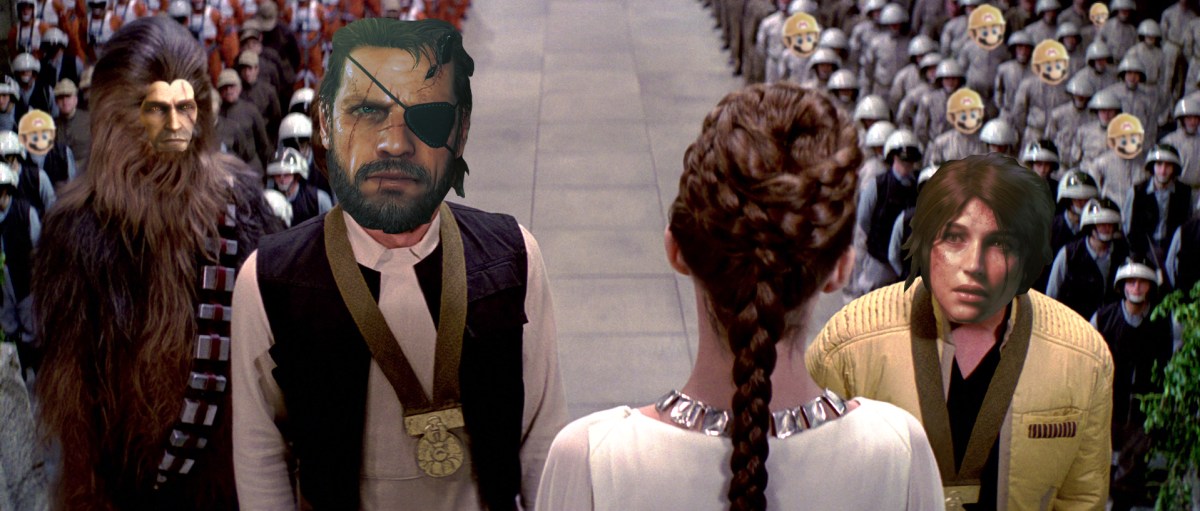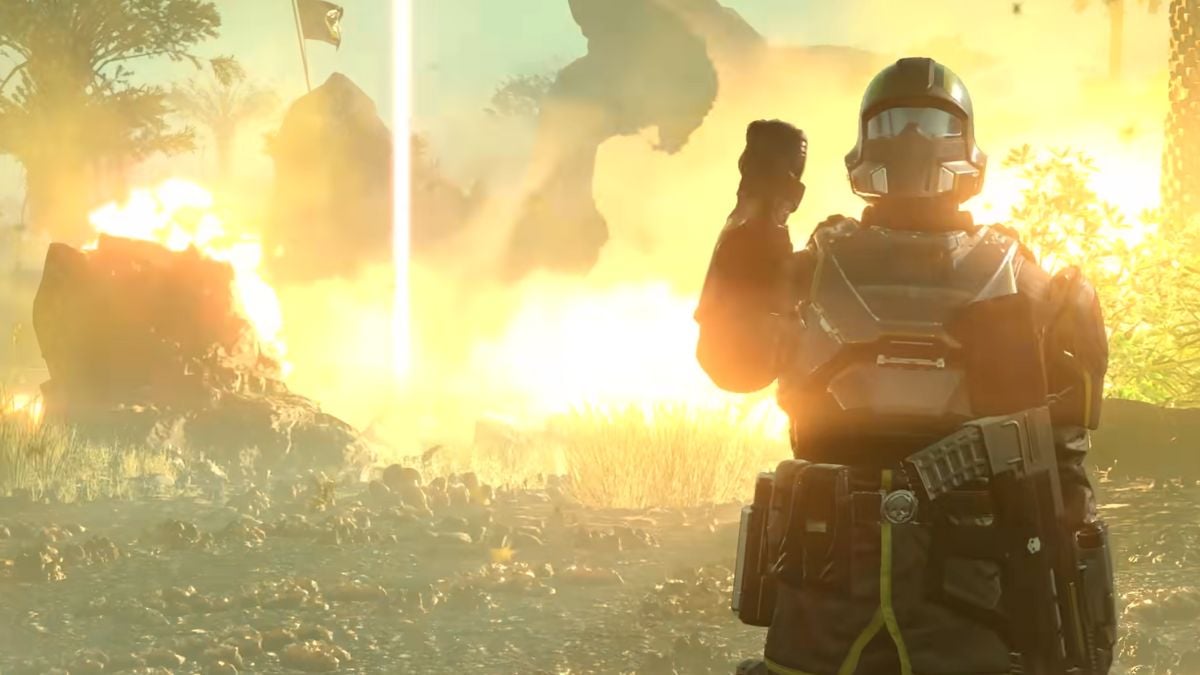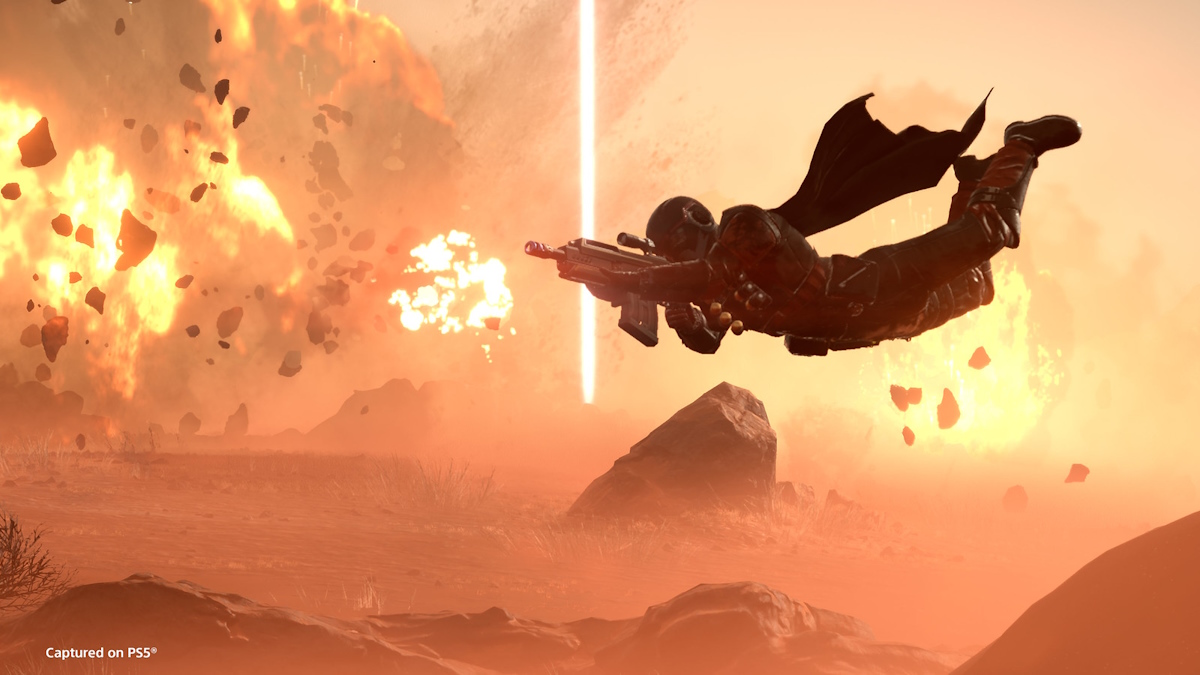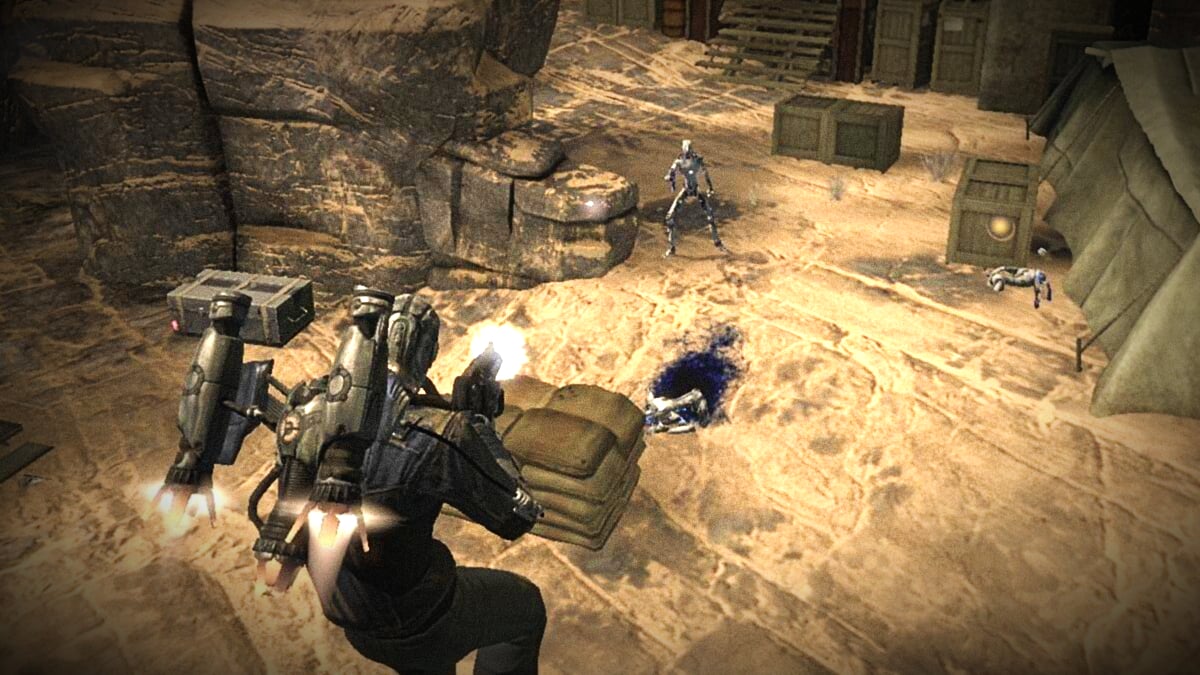Yes, they all reviewed better
There are exactly 100 professional reviews culled on the Bloodborne Metacritic page. Of that 100, 99 are “positive” and 1 is “mixed,” a lowly 7/10, which I’d suggest is still positive. Oh, so nobody dislikes this game?
When I started writing this article early this year it was called, “Everybody loves Bloodborne?” because apparently an ill-fitting, not-actually-a-joke Everybody Loves Raymond joke is more important to me than clarity of thought, but the point is: I was confused, amused, and likely boozed. But seriously, no one doesn’t like Bloodborne?
Now, at year’s end, Destructoid’s Brett Makedonski rekindled this bonfire in my head with an innocuous tweet, “How does Rotten Tomatoes work? If something’s a 6/10 or better, does that review count as 100% fresh for the aggregation?” I replied, “yeah.” And then,
@Donski3 that doesn’t happen because movie reviewers aren’t game reviewers
— Manga PI (@dtoidsteven) December 19, 2015
What Brett gets at seems like a no-brainer concern for anyone who works in video games. What happens when the average games gets across-the-board 7s and then comes up as a perfect? Well, thankfully movie reviewing is a bit less insular than video game reviewing and there’s a bit more disagreement. There are more people giving negative reviews — even to almost universally praised things. And that’s okay!
Let’s look at 2015’s common Game of the Year award candidates and, via Metacritic, see what their RottenTomatoes “freshness” might look like (the percent of reviews that are positive, versus the average score).

The closest thing to a negative review among the 874 total are two instances of 5/10. The lowest Metacritic score here is an 81 (Splatoon) while the highest is 93 (Metal Gear Solid V: The Phantom Pain, Undertale) for an average of 88. For a more direct comparison, Star Wars: The Force Awakens‘ Metacritic score (they do movies, too) is 81. RottenTomatoes, which also displays an average rating, albeit less prominently, has the film at 83. I don’t think anyone who worked on the project is going to miss his Xmas bonus.
This isn’t to rail on Metacritic, a common target for its reductionism, for game developer bonuses contingent on its averages, for failing to include individual writer names on its listings. Nor is it to kick the tires on the “do review scores matter” question, crossing up hypothetical opponents and swishing a “read the words” as if it were a mic drop.
What these trends point to is a blind spot in game reviewing and the lack of diverse opinion. There are reasons for this, but first, note that the above comparison is, admittedly, not one-to-one. There are publications rating games not on Metacritic, there are game and movie publications that don’t score reviews, movie aggregate sites have a wider pool to cull from because of the prominence of movie reviews as newspaper/magazine staples. But the Metacritic sample size is still a large representation of major outlets writing about games.
Okay, so, why?
Oh, man, so many reasons, most of which overlap in various ways. First let’s try this out: You can be smart about games, but absolutely terrible at actually playing Bloodborne, for instance. And that’s not me projecting — I’m the best Souls player on staff.
It does get to a good point, though, which is how game reviews are assigned. Familiarity with the French New Wave canon may inform your thoughts on the new CGI Samey Explosions, but lot of styles and techniques work across eras, genres, etc. This knowledge is more cumulative. Games? Content, style, presentation, physical means of interaction vary so wildly. Someone joked they need a community college course on Xenoblade Chronicles X. Twitch shooters and Devil May Cry-style action games require additional physical skill and execution. Sure, knowing about RPGs and progression systems helps a critic working on a sports or action game when those genres started adopting those systems regularly, but god damn, some people just can’t do a Dark Souls.
And so there are often experts. There’s “the Dark Souls woman,” or the “the JRPG guy,” or the “the MOBA person.” And that’s not all bad. Sometimes the expert or genre fan has broader context or deeper insights.
However, the setup is fated towards homogeneity. Especially when coupled with — I’d be remiss not to mention this — the tendency of major video game writing publications towards hiring middle-class-and-up white dudes. Similar types of people with similar experiences all reviewing the same stuff. And there are reasons for this, too: members from that group are most likely, especially in this economy, to be able to work unpaid internships or for the bum rates that writing gets these days, period, while having financial security or backup otherwise. Sometimes it’s just a Rolodex problem, as Jenn Frank noted.
It is much more sane to write a review of a 100-minute movie for $50 than a 100-hour game for $50. With its shorter history, gaming media exists more so in the current era of devalued writing that has felled everyone from, well, all the game sites that have closed down recently, to the best film (The Dissolve) and sports/pop culture outlets (Grantland). I think this translates — to the sincere dismay of everyone involved — to a lot more “good enough” writing than we’d all like, especially when most of the people who are writing about games are underpaid, hustling freelance, or both. This is a general publishing woe perhaps exacerbated by games writing’s shorter canon and fewer agreements on how even to talk about games (aside from the established, book report-y “is it fun?” style).
Demanding more rigor from overtaxed, underfunded writers and editors working in a devalued, fraught industry within a generally struggling economy, well, damn, it’s tough. A doable step, though, is actively hiring from a wider pool of applicants than your typical just-graduated-22-year-old-Nick.
I think here at Destructoid we do a good job simply encouraging our reviewers to be as straightforward and honest as possible without kowtowing behind cookie cutter review formulations and tasteless writing that goes down without a fuss, but serves no one (I’m cautiously optimistic that fans of the genre will enjoy this return to the series roots). Average starts at 5, and all that. Some of the biggest holiday releases (Fallout 4, Halo 5, Rise of the Tomb Raider) came in under 8. But it’s almost more disheartening for the state of gaming as a whole that folks across the net will point to an incredibly good score like a 7/10 as rabble rousing, as trolling for hits, and that collectively — as in the Chart Chart Binks above — it’s rare to even end up on the “negative” side of the spectrum.
Someone has to dislike something.




